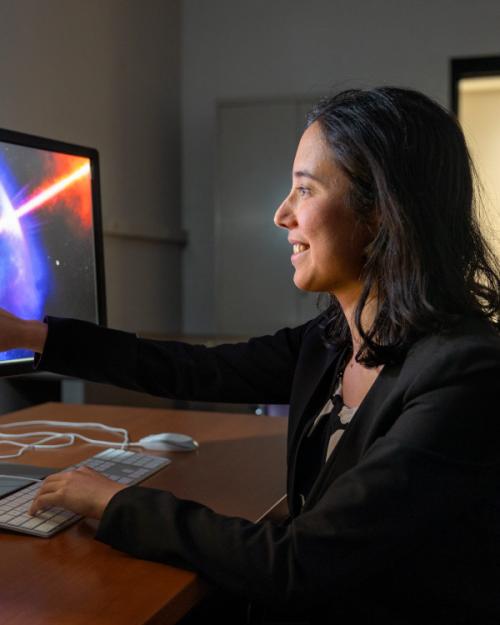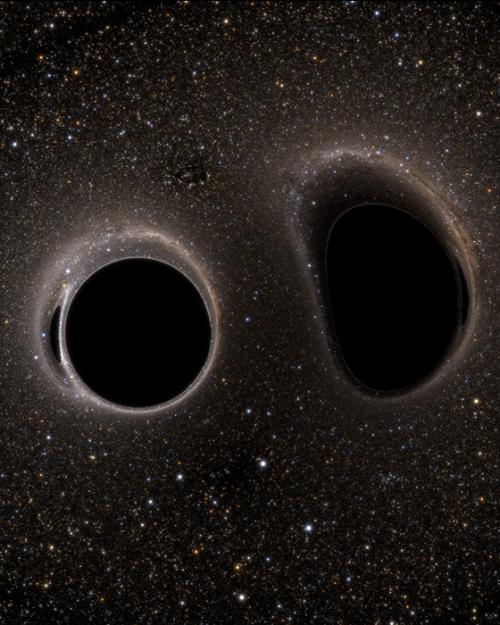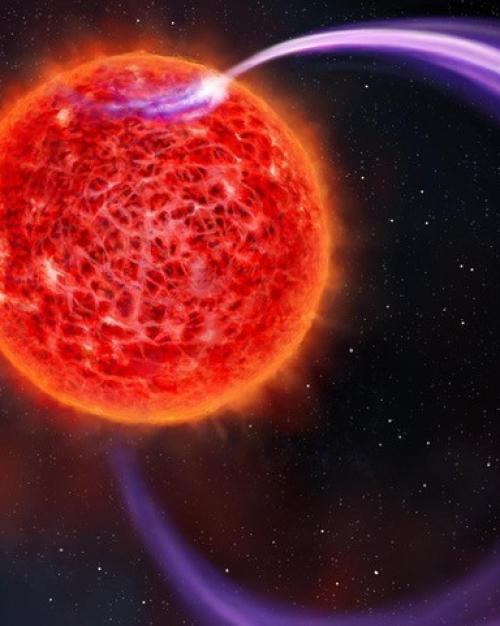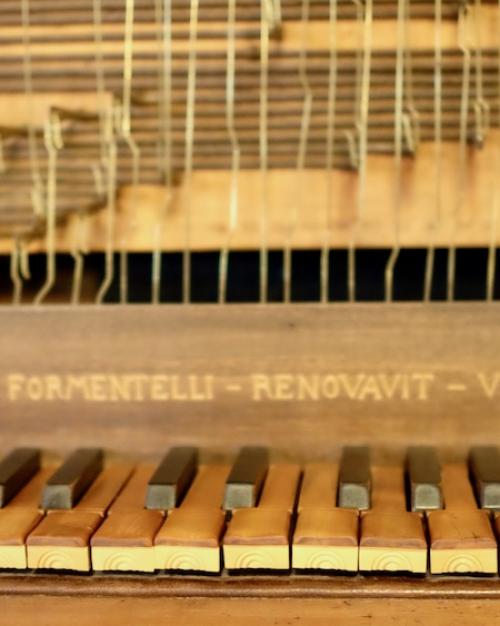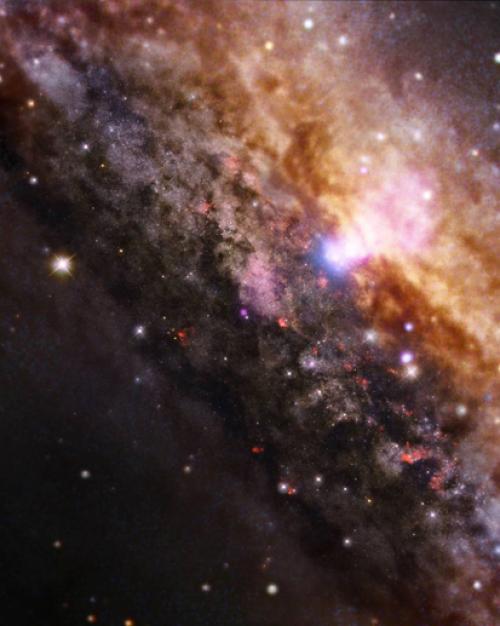As humans, we have an insatiable desire to understand the cosmos and our place in it. How did the universe begin and how did it evolve? What is the nature of dark matter and dark energy? How will it all end? “These are the most fundamental questions one can ask,” says Steve Kang Hoon Choi, Cornell Presidential Postdoctoral Fellow. “If we believe greater knowledge betters our lives, then this is what drives us to study the cosmos.” Choi's work is featured in this Cornell Research story.
Choi has been drawn to the night sky and the mysteries it holds since he was in middle school. In the summer of 2018, he came to Cornell as one of the inaugural group of Cornell Presidential Postdoctoral Fellows to work with Michael D. Niemack, professor of physics, and Gordon J. Stacey, professor of astronomy, on new telescope projects that may help shed light on some of the biggest cosmological puzzles.
As a participant in the CCAT-p project—headed by Niemack, Stacey, and Terry L. Herter, professor of astronomy, as well as others in Cornell’s Astrophysics and Physics Departments—Choi will not only collaborate on the design and the instruments’ build, but he will also help analyze the data it ultimately collects and map the universe. “Along with CMB polarizations, CCAT-p will measure the largest gravitationally bound objects, galaxy clusters, and their motions,” Choi says in the Cornell Research story. “From that, we’ll study the nature of dark energy, which is something we currently know very little about except that it exists.”
Read the entire story on Cornell Research.

